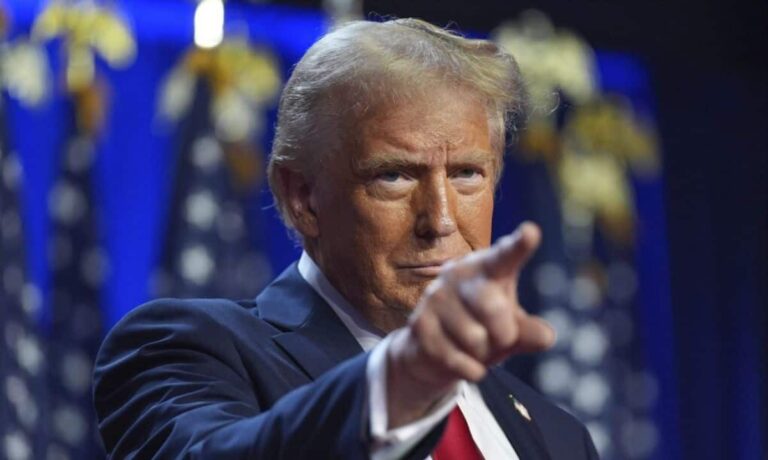Ethereum and Bitcoin: A Tale of Two Cryptocurrencies
The Current State of Ethereum and Bitcoin
Ethereum is struggling to recover after a recent tech sell-off, which has had a significant impact on ETF flows. On the other hand, Bitcoin has managed to bounce back after a rocky start to the week. These contrasting fortunes highlight the volatile nature of the cryptocurrency market.
The Future of Ethereum
Despite its recent struggles, many experts believe that Ethereum still has a lot of potential for growth. The platform’s unique smart contract functionality and decentralized applications make it an attractive option for developers and investors alike. However, the recent sell-off has raised concerns about the platform’s scalability and security.
The Resilience of Bitcoin
Bitcoin, on the other hand, has once again proven its resilience in the face of market fluctuations. The cryptocurrency has managed to recover from its recent dip and is once again on an upward trajectory. This highlights Bitcoin’s status as the most established and widely used cryptocurrency in the market.
How This Affects Me
As a cryptocurrency investor, the recent fluctuations in Ethereum and Bitcoin prices serve as a reminder of the inherent risks involved in this market. It is important to stay informed about the latest developments and be prepared for sudden changes in market conditions.
How This Affects the World
The volatility in cryptocurrency prices can have a ripple effect on the global economy. As more institutional investors and businesses start to adopt cryptocurrencies, any major fluctuations in price can have far-reaching consequences. It is essential for policymakers and regulators to monitor the situation closely and take appropriate action to mitigate any potential risks.
Conclusion
In conclusion, the recent struggles of Ethereum and the resilience of Bitcoin highlight the unpredictable nature of the cryptocurrency market. As an investor, it is important to stay informed and be prepared for all eventualities. Meanwhile, policymakers and regulators must continue to monitor the situation to ensure the stability and security of the global economy.




